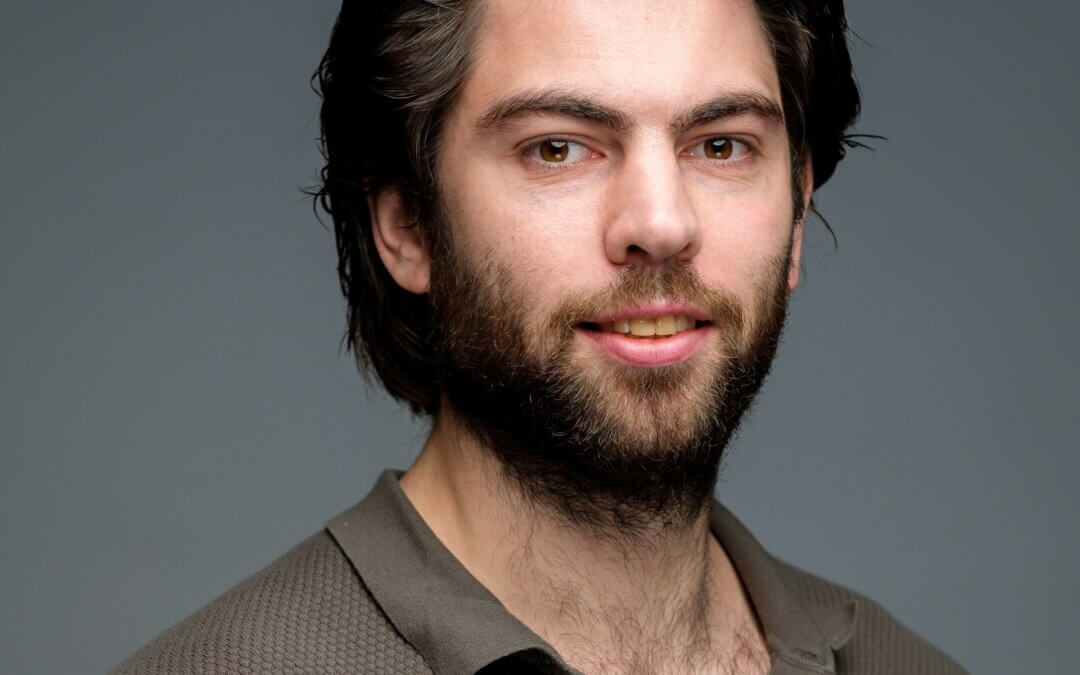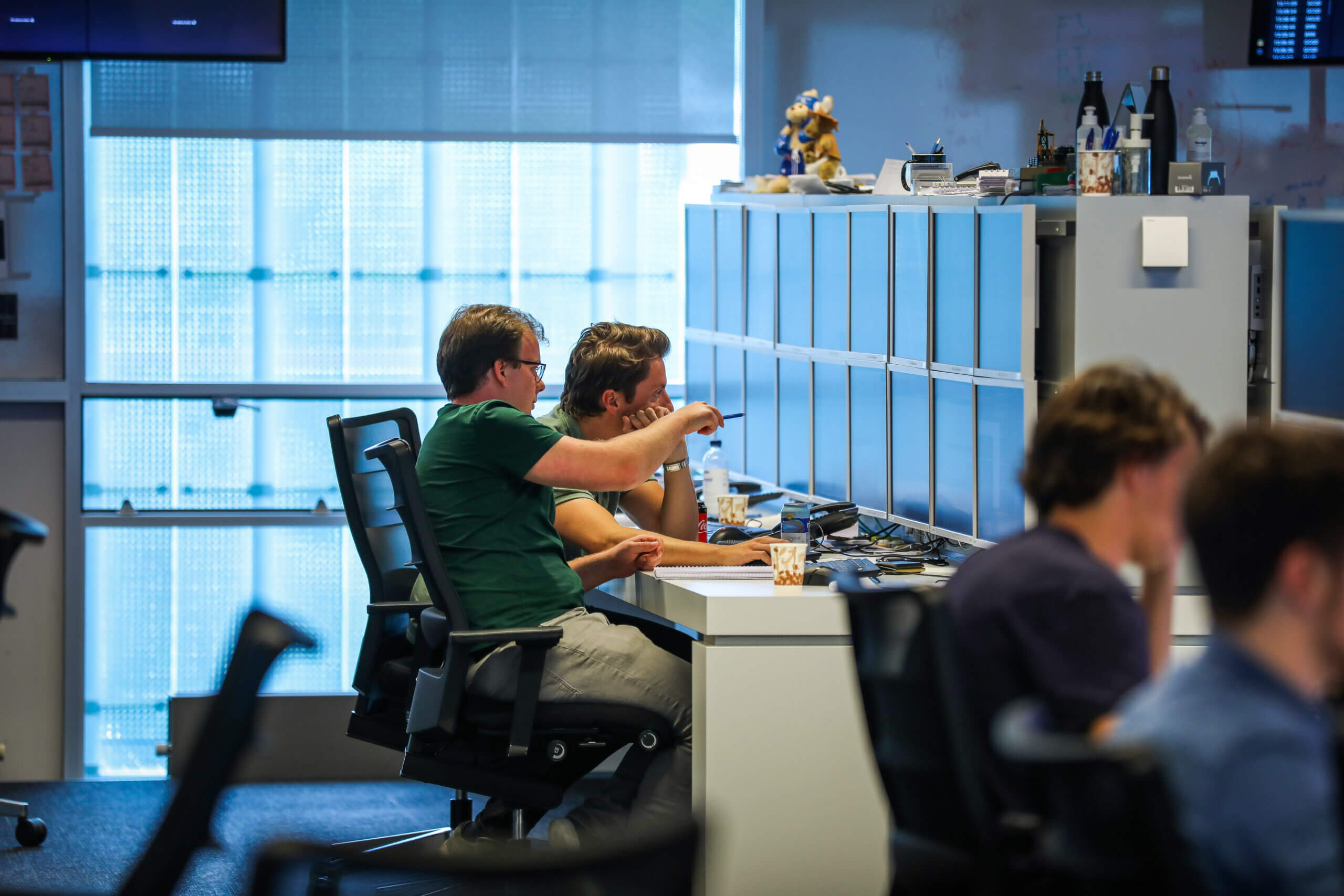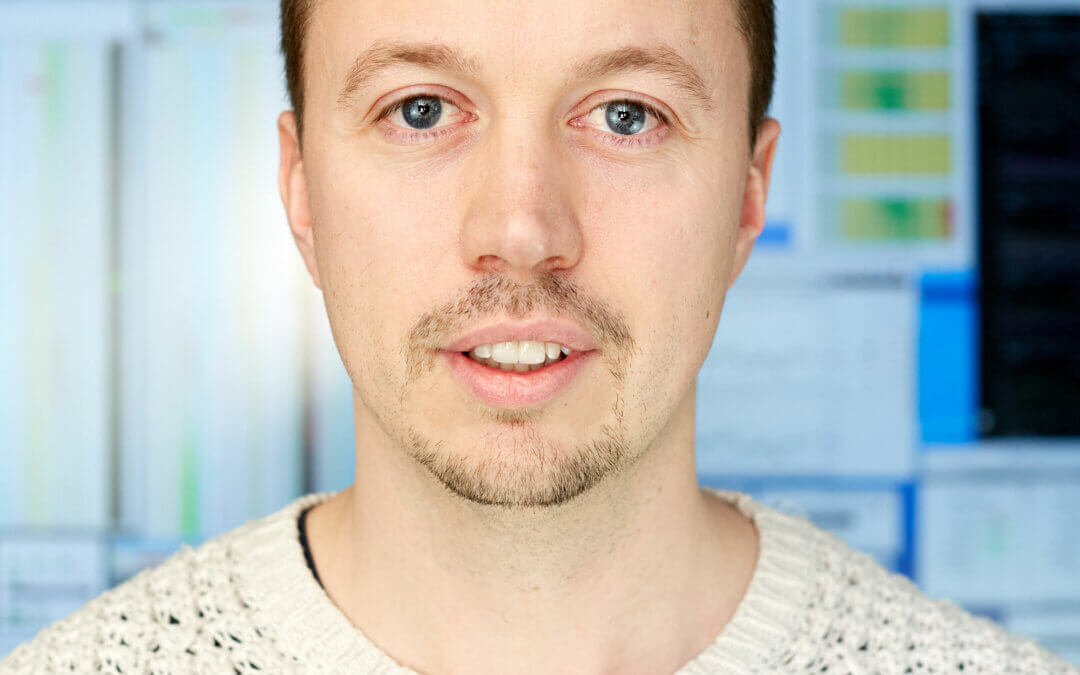
Meet Alex Kieft, Head of Trading at Flow Traders
Tell us about your role at Flow Traders, what does it normally involve?
Well, I joined seven years ago as a junior trader. After five years I became head of trading. So now I am responsible for about 40 traders and quant researchers that are working at Flow Traders in Amsterdam. I am involved operationally with the trading desks, mainly the equity desks, and I spend about 50% of the time working alongside the traders, motivating them, helping them with trading decisions where needed. From a leadership perspective, my role is about developing talent and therefore I aim to be approachable, open and flexible with the team. And then the other 50% of the time I spend more strategically on the long-term goals that we have at Flow Traders, namely becoming a one stop shop for liquidity in all financial products.

What does your day typically look like?
Yeah, so we come in early in the morning between 7.30 and 8.00, then we get briefed on the news that happened overnight in the Americas and Asia. Afterwards, I personally check in with all the desks to make sure there’s nothing extraordinary going on, helping them where needed to make sure we’re ready for the market open at nine o’clock, because then we need to make sure that we provide liquidity in thousands of instruments.
Then during the day, I am still checking in with traders whenever there’s something extraordinary going on, helping them along. And again, spending a considerable amount of time more strategically.
What do you like about working at Flow Traders? And about Market Making?
Everybody is extremely driven, determined to be the best every time. We’re also very tech savvy, so there’s plenty of opportunities to keep learning every day. We focus on fostering a dynamic and collaborated working environment. I have great co-workers, very international and also very diverse.
Market making is very fast paced and you immediately see the results of your actions. I have a background more in theoretical physics, where you can spend years researching something that may yield a result or not, but in trading it’s very binary. You immediately see the results and then that’s something that gives me a kick.

“Market making is very fast paced and you immediately see the results of your actions.”
What is it that makes you proud of what you do?
Two things, the first is that I’m part of this company that is very successful and one of the leading market makers. We’re successfully expanding into asset classes like bonds, currencies and cryptocurrencies, where we have this ambition of becoming a one stop shop for liquidity in everything.
And then, on a more personal and role based level. I feel proud whenever the new generation of traders comes in and I can help them grow and become sort of where I’m at now in my career. Whenever they do well that makes me pretty proud.
How did you get into market making, why did you choose market making as a career?
I had some affinity with trading but not that much. I was particularly attracted to the competitive element that is in there, as well as the people that I met in trading were extremely smart, and I thought to myself that I wanted to be part of this industry where you have an entrepreneurial mindset and people always wanting to be the best.
The impact that Flow Traders has and the relevance of being a market maker is also what appealed to me. Seeing the impact in practice and how we contribute to the efficiency and transparency of the market is really interesting.
What advice would you give to others who might be considering a career as a market maker?
If people have got what it takes and want to work alongside the smartest people, then I can only recommend that they do it, and we at Flow Traders like to create an environment for those kinds of skills to flourish.
We really stimulate people in their career so that they can grow from coming basically fresh from university with just an analytical skillset and not so much knowledge about financial markets yet, and within a short amount of time, we can teach them all the stuff they need, and then they will quickly grow into being successful traders themselves.
What does it take to become a market maker?
Well, obviously it does start with an interest in financial markets. You should be able to handle a dynamic working environment well, be able to react quickly. Next, you need strong numerical and analytical skills. Also, being able to crunch data.
Then on softer skills, here we really value teamwork, because we need to rely on each other on the trading floor and when we collaborate with different departments and regions effectively.
And finally integrity is a very important value for our traders.
The #WeAreMarketMakers campaign is about highlighting what market making adds to the markets and society. What is your perspective on this?
Flow Traders and other market makers serve society by improving the markets. We provide liquidity in many financial products which contribute to more efficient flows of money and capital, we lower the overall trading costs for any sorts of investments. We make sure investors, big and small, can trade at any time in the product they prefer, for example, if they want to invest in green energy, market makers make it possible for them to do that at reason or at the lowest possible transaction costs. We have a warehouse function as well. Every investor can trade any financial product under every circumstance with us. Even during real stressful times like March 2020, market makers made sure the financial markets were available and provided the necessary relief for investors in need for liquidity.
As a market maker we respond to whatever the needs are of investors. And we see increasingly that investors are focused on the ESG segments. There are now in Europe over 400 different kinds of ESG ETFs. And we trade on a yearly basis over 50 billion euros in such ETFs. We try to make sure that it’s as efficient and as cheap as possible for investors to invest in these segments.

“We provide liquidity in many financial products which contribute to more efficient flows of money and capital, we lower the overall trading costs for any sorts of investments.”
As a market maker we provide liquidity so we make sure investments are possible, and people don’t have wait to do business. For example, hypothetically, if you have an illiquid asset, it can take you days or weeks to sell it and you probably need to make a lot of phone calls to find a suitable buyer. With market makers in between, we make sure that at any given time, people can transact in these products and don’t have to wait until there happens to be interest on the other side.
A key impact of a market marker is also creating efficiency and transparency across the market.
